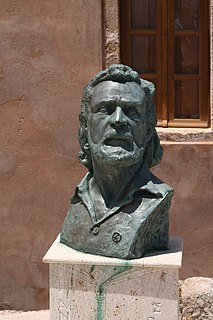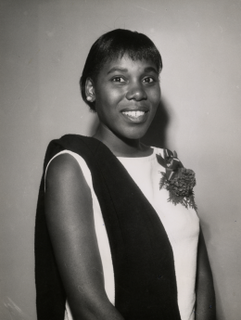A Quote by Rostam Batmanglij
I don't identify as white. I have a complex relationship with whiteness.
Quote Topics
Related Quotes
I believe that also it should be stressed and made clear that our antagonistic position is not to say "I don't like whites" for the simple fact of not liking white people. It's like, our fight is not against the white person per se, but against the exercises of white supremacy and the form in which whiteness and the politics of whiteness operates.
For radical white writers wishing to forge interracial movements of poor and working people, whiteness has also long been a problem, with Alexander Saxton and Ted Allen making especially full efforts to understand whiteness in order to disillusion whites unable to see past the value of their own skins.
Instead of accepting what James Baldwin called the "lie of whiteness," many people in lots of different fields and movement activities have tried to productively make it into a problem. When did (some) people come to define themselves as white? In what conditions? How does the lie of whiteness get reproduced? What are its costs politically, morally and culturally?
If white people on a larger scale really de-emphasized their whiteness, I think that would have to transform the Republican party into a more responsible party that couldn't get by on just playing into white resentment, especially white middle and working class resentment while taking care of the interests of plutocrats.
In some ways Jews and the various largely Catholic and often poor European immigrant groups were "white," as the historian Tom Guglielmo has recently put it, "on arrival." Where naturalization law was concerned, for example, ample precedents recognized their ability to become citizens, a right explicitly resting on their "whiteness." But they also remained, as Working toward Whiteness puts it, "on trial" for a harrowingly long time.
































